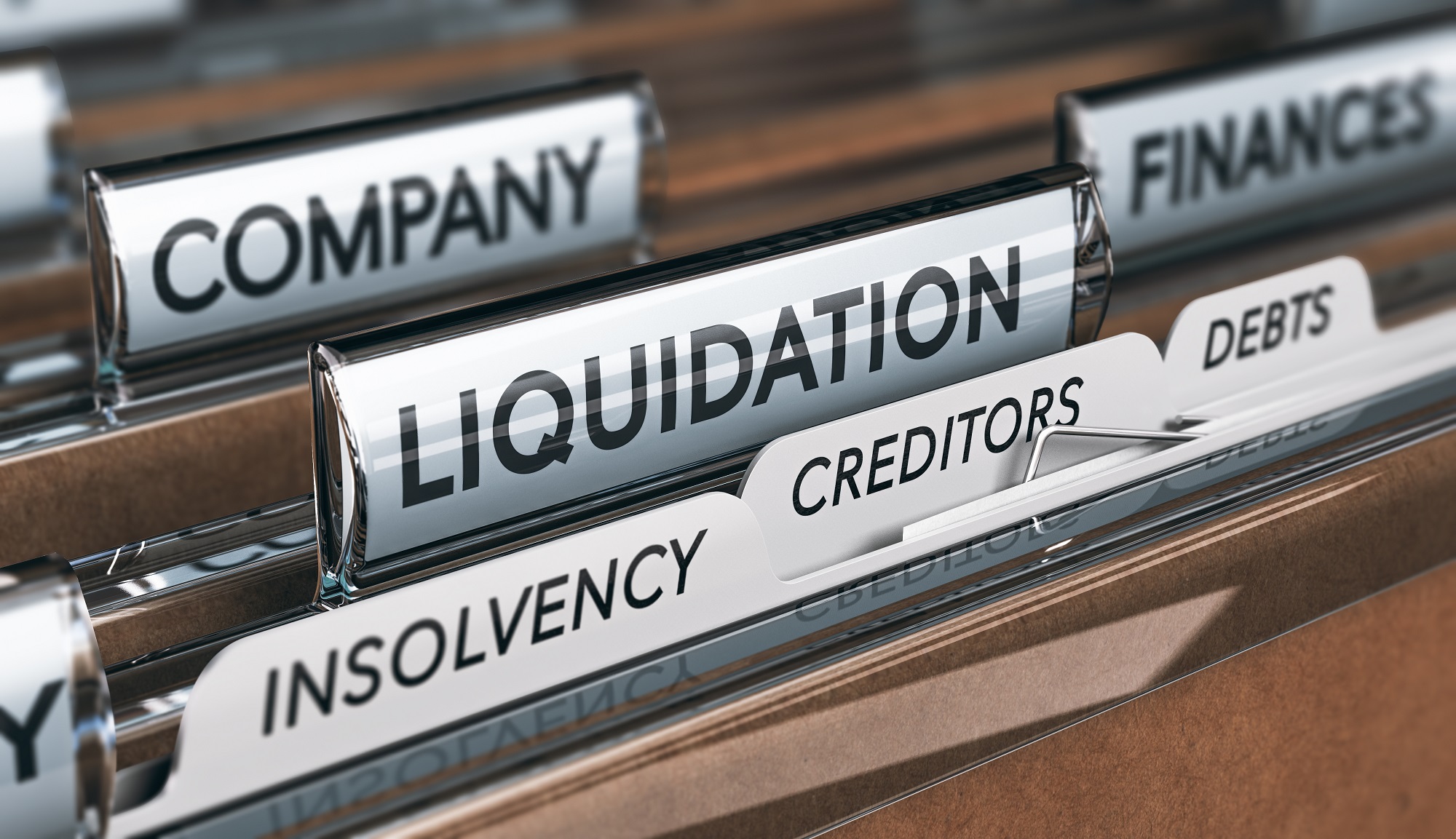As a company director, you have certain obligations to act correctly in the management of your business and that includes raising the flag early if you think it may be in trouble. If your business is, or becomes, insolvent you should seek the support of an insolvency practitioner immediately and make creditors aware if you believe there is a material risk to them getting paid in full.
However, the reality of these situations is insolvency rarely happens in an instant and will usually creep up on a business gradually, over a period of time. At which point you may have continued with the best intentions of maintaining a going concern only to realise you’re in a cul-de-sac with no way back.
Wrongful or Fraudulent Trading – What’s the difference?
If you find yourself in this position, your actions leading up to it and the next steps you take are what will determine whether you go on to act appropriately or find yourself subject to either civil or criminal proceedings. As noted above, raising the flag at this stage and engaging an insolvency practitioner is the correct process. If you fail to do this, you may find that any subsequent winding up process could result in an investigation by the Insolvency Service at which point they will consider whether there is a case to answer under Fraudulent trading rules as set out in the Insolvency Act.
But there is a difference between Fraudulent Trading, which is a criminal offence, and Wrongful Trading, which a civil matter. As you can imagine, the distinction between these is an important one.
Fraudulent trading is where your actions can be deemed as being deliberate or premeditated and when you knowingly defraud creditors.
Wrongful trading has many of the same traits as fraudulent trading e.g., continuing to trade and run up debts when knowingly insolvent, but there is no proven dishonesty or malicious intent involved. This is perhaps where best intentions are of seeking a turnaround.
What does Fraudulent Trading look like?
There are some simple steps that can keep you on the right side of the law should you believe that your business is at risk of trading whilst insolvent, these include:
- Don’t deliberately undertake any new debt or borrowing commitments. Doing so could be classed as premeditated fraud
- Maintain the same terms – Its ok to get hot on credit control, in fact that is often how many businesses manage to avoid insolvency, but you shouldn’t change your standard terms of trade – again this has an air of intention about it
- Be even handed with creditors – do not show preference to one or other and do not actively encourage them to extend their risk to you
- Maintain your company records – continue to account for income and expenditure in the same way as you have done previously so as not to appear to be obfuscating the truth
- Do not change or increase the amount or format of personal drawings/income
- Do not encourage others to commit fraud. Anyone proven to be an active participant of a deliberate fraud can be called to account for their actions – not just company owners or Directors. So, protect your staff and do not ask them to do anything that may be classed as intentional or deliberately fraudulent
If you’re concerned about your business’ financial health and fear you may be at risk of insolvency, please feel free to contact us today for a confidential discussion. Where relevant or necessary, we can introduce you to insolvency practitioners who will help you avoid the pitfalls above.
